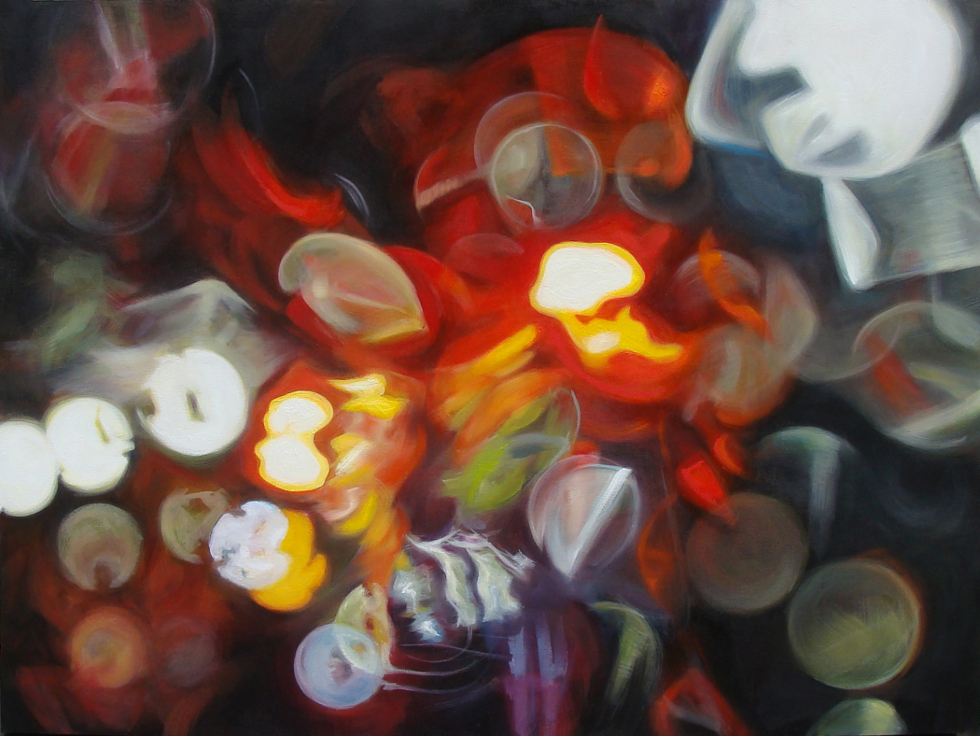
In all places and all epochs human beings have used some such word as “Spirit,” to designate the animating, world-moving force within them; the relations with ancestors, demons, totems, ghosts and other “spirit-beings”; and the Supreme Being, the godhead that permeates the universe and creates the world and is bound together in our religions. In sum, what has been known as spirit relates the human self to the universe and all its beings and forms of being. Spirit is no residual category, then, but an ontological potential of humanity, a vital part of being human. It is as essential for human nature as building a web is for “spider nature.” For all creatures are inserted into nature at a certain point and with a certain internally articulated set of relationships. These frame the possible arrangements that creature has with the rest of nature. Spirit belongs to the relationships of human nature, then, along with phenomena such as childhood, language, the capacity for rational thought as well as speculative thought, a peculiar emphasis on the role of sex, the making and chronicling of history, and above all for humans, the power to produce, that is, to consciously transform nature to meet needs that are both universal and yet also peculiarly human, one of which is the spiritual. From this angle, spirituality is the production of spirit, and like all forms of production, is a function of history. Thus there is no spirit as such, there is only spirit in various historical contexts, arising from historically prepared ground and transforming that ground.
The present epoch is historically unique in that the spirit-side of life can no longer be taken for granted. It appears both in innumerable fragmentary shapes and as massive blocs of fundamentalist and totalizing conviction, and quite often it seems to not exist at all, as though there were some kind of systematic power at work to drive it out of our lives.
Albert Einstein wrote that humans are born connected with the cosmos. We become separated from this ground of being as we develop and we therefore have the choice of whether to rejoin this universal ground—not, of course, in the original manner attendant upon birth, but consciously, according to personal history and what we have done with our life. We all rejoin the universe when biological life is over and our substance re-enters the great natural cycles of material exchange. But this need not occur blindly. We are endowed with human consciousness and thus the option also exists for us to live and be conscious of our path from universal being and back to universal being. This path is of spirit and traverses the self—and it is the self and its relation to the world that can both shape and impede the path of spirit.
As an internal representation of the person, the self exists between the person and the world, and is a kind of boundary between the person and the universe. If the boundary is relatively rigid and impermeable, we would call this the ego-form of the self; and if the boundary is relatively fluid, permeable and differentiated, we would call this the soul-form of the self. Thus the ego-form is hostile to the emergence of spirit. It posits the person as a fixed and discrete individual, and prioritizes the forms of reasoning that reinforce this, including the Cartesian splitting between mind and body and the various technical and bureaucratic practices that naturalize this.
Soul-consciousness overcomes this splitting and differentiates the human being and nature, that is, sees each as part of the other. This openness allowed by infusion of spirit—manifest in far too many forms to be even summarized here—is therefore an overcoming of ego, an overcoming of separation of self from universe, and a transfiguration of the flesh, or body under the name of spirit. The language of death and resurrection is apposite here:
So it is with the resurrection of the dead. What is sown is perishable, what is raised is imperishable.
It is sown in dishonor, it is raised in glory. It is sown in weakness, it is raised in power.
It is sown a physical body, it is raised a spiritual body.
If there is a physical body, there is also a spiritual body. (I Cor: 15, 42-44)
Page 1 of 2 | Next page